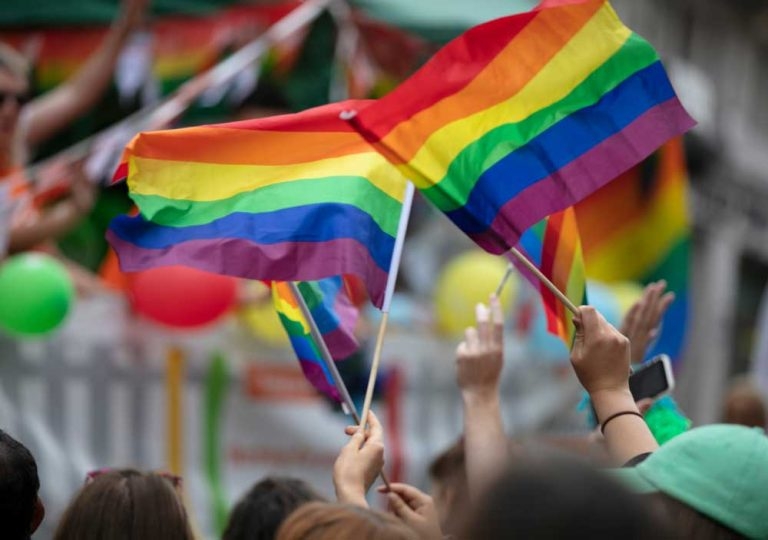6 Oct 2025
More than half of participants in the analysis by RVC and Surrey vet school academics said they had reported being exposed to discriminatory behaviour.

Image: ink drop / Adobe Stock
A new study has warned that experiences of LGBT+ discrimination within the UK veterinary sector could be more widespread than previously thought.
More than half of participants in the analysis by RVC and Surrey vet school academics said they had reported being exposed to discriminatory behaviour.
The findings have now prompted fresh calls for renewed efforts to create fully inclusive working conditions.
Peter Heather, president of the British Veterinary LGBT+ Society (BVLGBT+), said: “Leaders in our profession need to educate others and themselves about discriminatory behaviour and learn more about the benefits of open and inclusive work and study environments that allow people to just be themselves.”
The study raises further uncomfortable questions about the level of diversity within the veterinary sector, after separate analysis published in June called for greater recognition of, and action to tackle, racism.
The latest Vet Record Open research reported that, out of 130 survey responses, 55.4% of participants had either experienced or witnessed behaviour that could be considered discriminatory on the grounds of sexual orientation, gender identity or both. The actions reported included physical assaults, phobias, inappropriate questioning, misgendering and what were described as “various types of microaggressions”.
The authors acknowledged that their findings were “much higher” than those recorded in previous BVLGBT+ research published in 2017 and the 24% to 29% recorded in BVA analysis two years later.
The paper suggested that trend could reflect either the rising trend of hate crime incidents in the past few years or that the BVLGBT+ study had solely asked for experiences of discrimination rather than witnessing it as well.
But it continued: “Either way, our findings underscore an ongoing presence of discriminatory behaviour in professional and educational settings.”
Charlotte McCarroll, associate head of the Surrey vet school, warned the findings showed LGBT+ discrimination “remains a pressing issue within the UK veterinary profession”.
She said: “More needs to be done by our institutions for these individuals to feel supported, including increasing and promoting support networks, improving education and training on anti-discrimination laws, and firmly promoting equality, diversity and inclusion initiatives.”
The paper specifically called for “additional action to support trans members of [the] veterinary professions” to prevent discrimination based on gender reassignment, following the Supreme Court’s ruling earlier this year that the term “sex” should refer to biological sex.
But Mat Hennessey, a post-doctoral researcher in veterinary social science at the RVC, said the development of veterinary workplaces and educational environments that were inclusive to all required “ongoing work”.
He added: “Creating such environments, where people can be their authentic selves without fear of discrimination, is a team effort requiring both institutional support for EDI initiatives and active engagement with the wider community.”